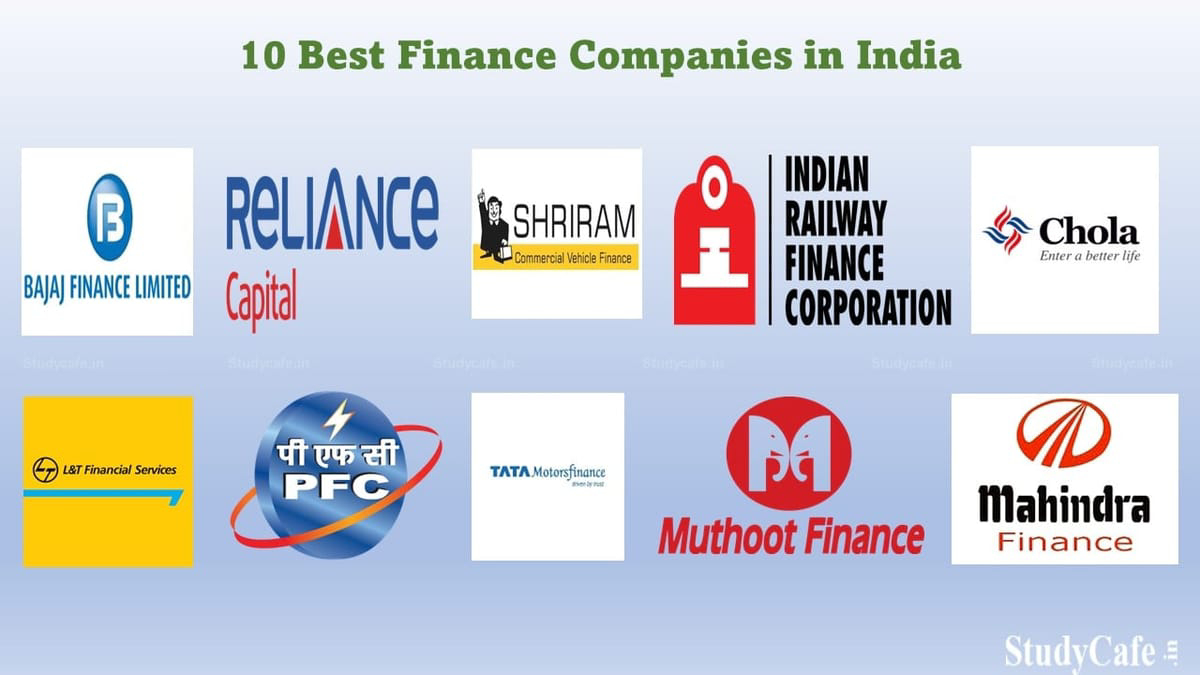Report on Corporate Finance in India
Report on Corporate Finance in India
Introduction:
Corporate finance in India plays a vital role in the growth and development of the economy. It encompasses various financial activities undertaken by corporations to maximize shareholder value and achieve organizational objectives. This report provides an overview of the current landscape of corporate finance in India, highlighting key trends, challenges, and opportunities.
Overview of Corporate Finance in India:
Corporate finance in India encompasses a broad range of activities, including capital raising, investment decision-making, financial risk management, and corporate governance. The primary sources of corporate funding in India include equity, debt, and hybrid instruments. Over the years, there has been a significant evolution in the regulatory framework governing corporate finance, aimed at promoting transparency, investor protection, and corporate governance standards.
Key Trends:
Increasing Role of Capital Markets: India's capital markets, including the stock exchanges and debt markets, have witnessed significant growth in recent years. Companies are increasingly tapping into these markets to raise capital for expansion, acquisitions, and working capital requirements.
Rise of Alternative Financing: In addition to traditional sources of financing, there has been a growing trend towards alternative financing options such as venture capital, private equity, and crowdfunding. These sources provide startups and growing companies with access to capital and strategic expertise.
Focus on Corporate Governance: With increased scrutiny from regulators and investors, corporate governance practices have become a priority for Indian companies. There is a greater emphasis on board independence, transparency, and disclosure norms to enhance investor confidence.
Digital Transformation: The adoption of technology and digital platforms is reshaping corporate finance practices in India. Fintech innovations, such as peer-to-peer lending, digital payments, and online lending platforms, are providing new avenues for companies to raise funds and manage their finances efficiently.
Challenges:
Access to Capital: Despite the growth of capital markets, access to capital remains a challenge for many Indian companies, especially small and medium enterprises (SMEs). Limited access to bank credit, high-interest rates, and stringent lending criteria hinder the ability of companies to raise funds.
Regulatory Complexity: The regulatory environment in India can be complex and subject to frequent changes, posing challenges for companies in complying with various regulations related to fundraising, reporting, and corporate governance.
Financial Risk Management: Managing financial risks, such as currency risk, interest rate risk, and commodity price risk, is a significant challenge for companies operating in a volatile economic environment. Effective risk management strategies are essential to mitigate these risks and safeguard against adverse market conditions.
Corporate Governance Issues: Despite improvements, corporate governance issues such as related-party transactions, insider trading, and boardroom disputes continue to pose challenges for Indian companies, affecting investor confidence and corporate reputation.
Opportunities:
Infrastructure Development: India's ambitious infrastructure development plans present significant opportunities for corporate finance, particularly in sectors such as transportation, energy, and urban infrastructure. Companies involved in infrastructure projects can benefit from various financing options, including public-private partnerships and foreign investment.
Digital Finance Innovation: The rapid growth of digital finance presents opportunities for companies to innovate and leverage technology to streamline financial processes, improve access to finance, and enhance customer experience.
Emerging Markets: India's emergence as a global economic powerhouse offers ample opportunities for companies to expand their operations and tap into new markets. Strategic alliances, joint ventures, and mergers and acquisitions can facilitate market entry and growth.
Sustainable Finance: With increasing awareness about environmental, social, and governance (ESG) factors, there is a growing demand for sustainable finance solutions in India. Companies focusing on ESG initiatives can access a pool of socially responsible investors and enhance their long-term sustainability.
Conclusion:
Corporate finance in India is undergoing rapid transformation driven by technological advancements, regulatory reforms, and changing market dynamics. While there are challenges such as access to capital and regulatory complexity, there are also significant opportunities for companies to innovate, grow, and create long-term value for stakeholders. By embracing digital finance, improving corporate governance practices, and seizing emerging market opportunities, Indian companies can navigate the evolving landscape of corporate finance and achieve sustainable growth.



Comments
Post a Comment